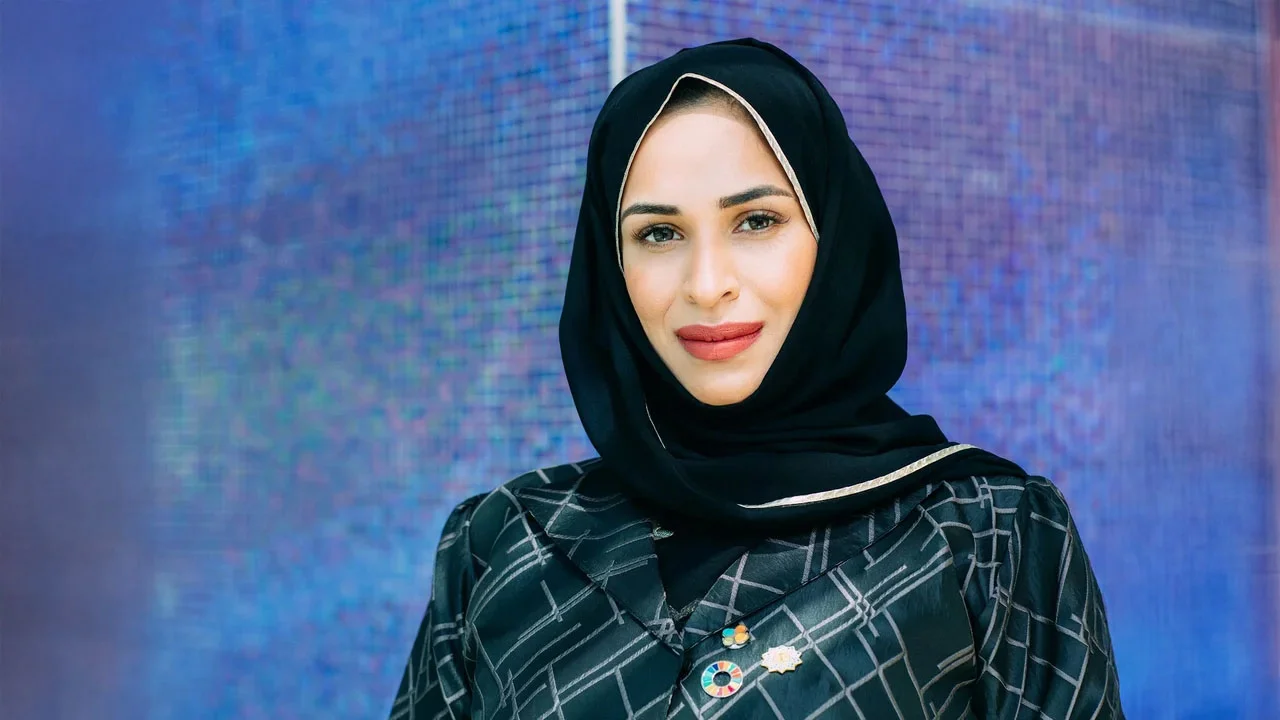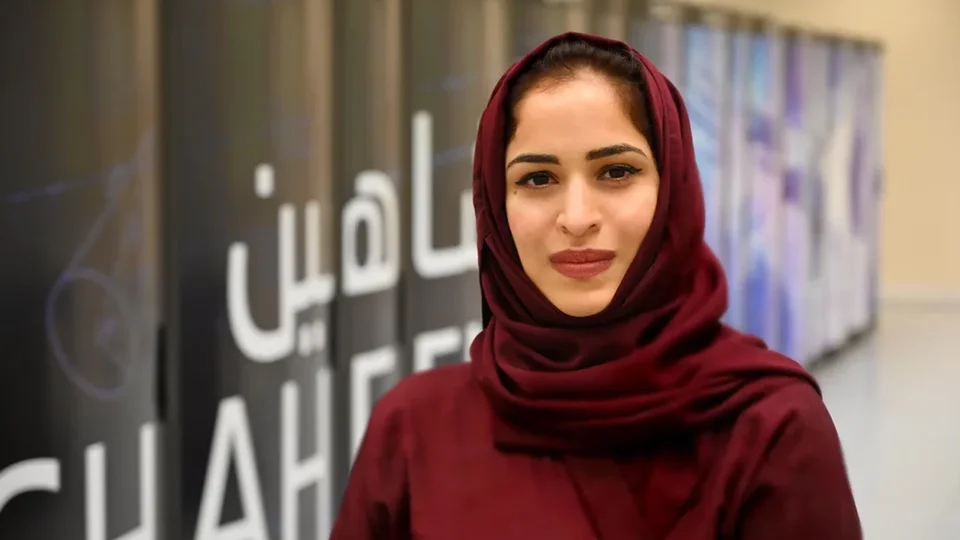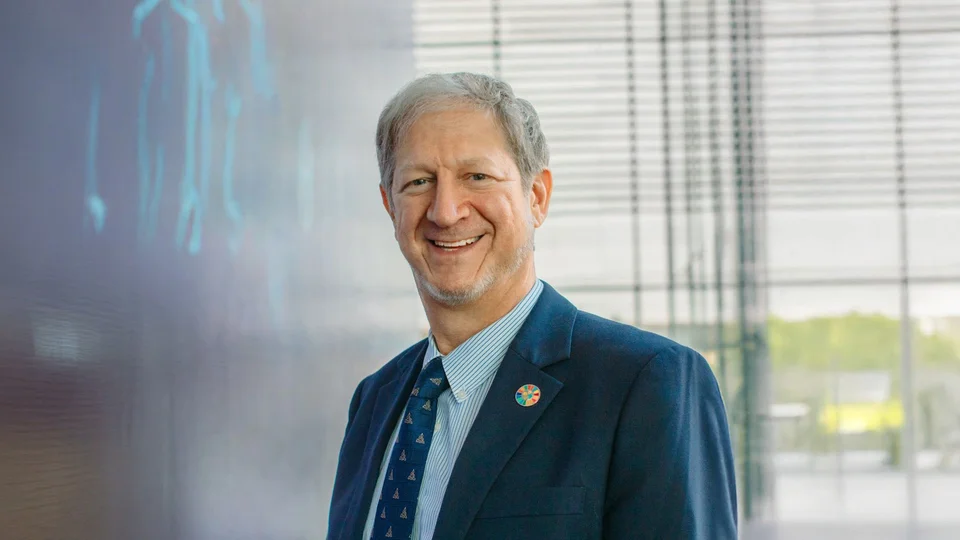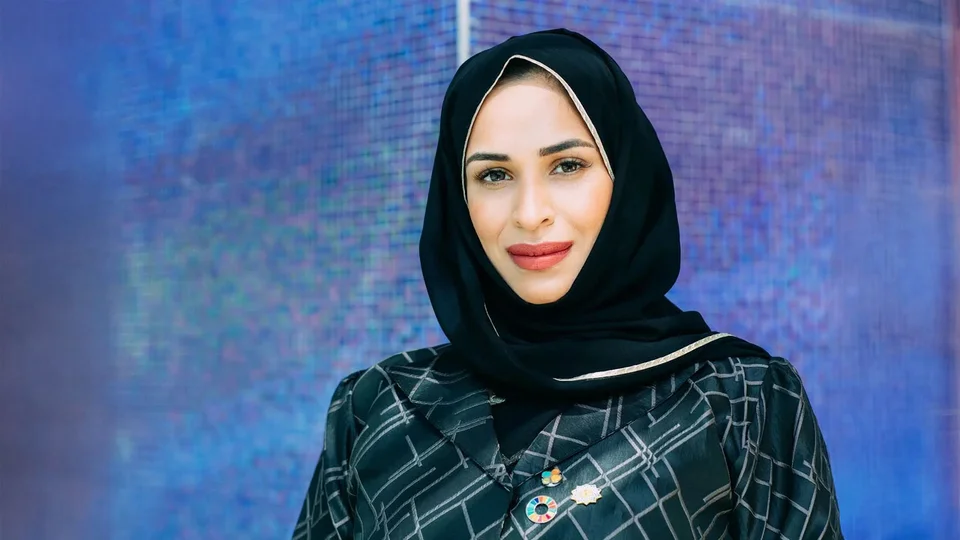
KAUST alumna Dr. Rabab Alomairy wins prestigious IEEE CS TCHPC Early Career Researchers Award
KAUST alumna and Ibn Rushd Postdoctoral Fellow Dr. Rabab Alomairy received the IEEE CS Early Career Researchers Award in HPC, becoming the first Middle Eastern and one of the youngest recipients professionally to earn this distinction in the award’s decade-long history.
About
KAUST alumna and Ibn Rushd Postdoctoral Fellow Dr. Rabab Alomairy has been honored with the IEEE Computer Society (CS) Technical Community on High Performance Computing (TCHPC) Early Career Researchers Award for Excellence in High Performance Computing. This remarkable achievement marks her as the first recipient from the Middle East and one of the youngest recipients professionally to earn this distinction in the award’s decade-long history.
The IEEE SC TCHPC Early Career Researchers Award recognizes up to three individuals who have made outstanding contributions in high-performance computing (HPC) within five years of receiving their Ph.D.
“It is an incredibly humbling moment,” Alomairy, now a postdoctoral fellow at MIT’s JuliaLab, said. “I am grateful to the IEEE TCHPC committee and to the mentors, collaborators and students who have shaped my journey. Awards like this are not just milestones—they remind us of our responsibility to continue building, mentoring and giving back to our communities.”
The KAUST alumna’s accolade is especially notable, as most previous recipients held permanent senior positions. Of the 27 prior awardees, 17 were assistant professors and 10 were scientists at national labs. “None of the previous recipients were postdoctoral researchers at the time of recognition,” noted her former KAUST supervisor, Professor David Keyes. “This makes Rabab’s selection particularly remarkable, representing an unusually early acknowledgment of her potential and achievements.”
Reflecting on her KAUST experience, where she earned her M.S. in computer science, Alomairy highlights the pivotal role of her former academic advisor. “Professor Keyes believed in my potential early on and gave me space to lead independently while always providing thoughtful guidance. His approach to mentoring has influenced how I mentor students today. Being his Ph.D. student was a turning point in my life, not just my career.”
Collaboration and computation
Alomairy’s research explores the intersection of algorithms and hardware, focusing on scalable, portable and energy-efficient solutions for scientific computing and artificial intelligence (AI). At MIT’s JuliaLab, part of the university’s Computer Science and Artificial Intelligence Laboratory (CSAIL), she develops advanced algorithms that account for hardware characteristics such as memory structures, low-precision processing units and parallel task execution—particularly on heterogeneous supercomputers.
She also co-develops matrix-aware methods that accelerate applications on supercomputers like Frontier, Summit, ALPS, and Shaheen-III. Her methods aim to bridge HPC with domain science, delivering insights faster in materials design, genomics, and climate science.
“The main goal of my research is twofold,” Alomairy explained. “First, to compute sustainably by minimizing energy and resource usage while maximizing scientific and AI throughput, and second, to apply HPC and AI to sustainability challenges in climate modeling, genomics, and materials science.
“The challenges we tackle—whether in materials discovery, genomics, or climate modeling—are too complex to solve in isolation. HPC brings together mathematicians, computer scientists, domain experts, and hardware architects. Collaboration isn’t just about dividing work—it’s about co-designing ideas, sharing credit, and building trust. I’ve been fortunate to work with teams at MIT, the University of Tennessee’s Innovative Computing Laboratory, KAUST, and Oak Ridge National Laboratory, driving innovation and translating performance gains into real-world impact.”
Alomairy believes her work can help advance Saudi Arabia’s research goals by improving computational efficiency, reducing energy and resource costs, and accelerating discovery in genomics, materials science, and AI-driven science. “HPC and AI enable innovation in clean energy, advanced materials, food security, and precision health—all priorities under Vision 2030. KAUST and the Saudi research ecosystem can serve as a hub for deep-tech R&D, and I am committed to translating HPC and AI advances into scalable impact.”
Representation matters
Alomairy sees her recognition as a reminder that excellence in science knows no boundaries. “Representation matters. I carry this honor with pride and responsibility. It represents years of dedicated work, and I hope it sends a message to young researchers—especially women—that their ideas can have a global impact.
“When we see someone who looks like us or comes from a similar background succeeding in a technical field, it becomes easier to imagine ourselves there. If my story helps someone else take the next step, then this recognition means even more.
“My message to others is this: ‘No matter where you’re from or what stage you’re in, your work matters. Keep asking bold questions, collaborating, and don’t be afraid to lead. HPC and AI are evolving rapidly, and there’s room for all of us to help shape where they go next.'”


